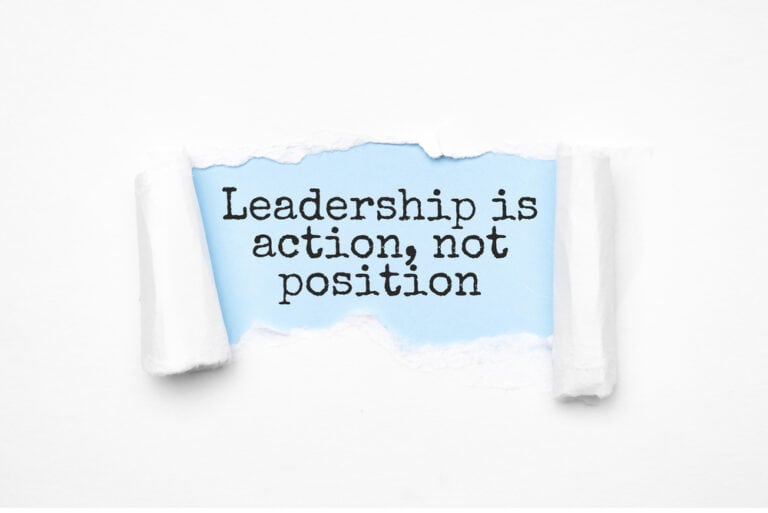Not long ago I facilitated a week-long corporate meeting, wherein co-dependent work groups needed to develop urgent action plans. Significant problems had been identified with their program, and real progress needed to be made in a short amount of time. In order to succeed, the meeting environment had to support open communication, creativity, and action-oriented problem solving.
By the middle of the second day, I noticed one of the highest ranking leaders prefaced everything he said with a negative “we can’t”, “they won’t”, or “hold-on now”. As lively debates and creative brainstorming started, his input effectively shut-down the progress and sent us back to the beginning of the discussion. It was a pattern. If it continued we were not going to accomplish their goals, and participants would leave feeling frustrated, under-valued, and unsuccessful.
As a leader, meeting participants take their cues from you. If you meet ideas with negativity, you stop progress. Your communication may support active collaboration and progress, or it could systematically shut it down.
During this particular set of meetings, every time “he” chimed in, I saw the group’s level of hope and engagement fade a little more. This gentleman had no idea what he was doing. This was his communication style, and he did not realize the stifling impact he was having on the people, the process, and the goals at hand.
All leaders want to be successful, right? Why, then, do well-meaning leaders stifle progress? In my experience, there are a few common reasons why we unwittingly shut-down meeting communication:
- We don’t fully understand the ideas and are unconsciously uncomfortable.
- We have a natural resistance to change or unchartered territory.
- We have a need to be “the expert.”
- We are extremely analytical and need more time to process and vet ideas. (It is genuinely difficult for highly analytical individuals to engage in rapid-fire brainstorming intended to lead directly to decisions.)
Don’t let “can’t” or ”won’t” get in the way of your organization’s progress. Especially if (the truth is) you just don’t know. If you suspect you might be guilty of unintentionally stifling new ideas, try this:
- Pay Attention. Awareness is always the first step to positive change.
- Let go of the need to be the expert, the smartest, or even the “rightest”. Your success ultimately depends on the success of your subordinates, so support their brilliance! Also, supporting others builds trust and solid relationships – in today’s world, no one can succeed as an island.
- Stay curious. If the idea is something you haven’t considered before, ask good “how would that work?” and “what would that look like?” questions to alleviate your own subconscious bias’.
I’m pleased to report, overall, the two groups I mentioned earlier had a terrific week. Everyone was committed and they did a good job of collaborating through challenging discussions. Ultimately, they did achieve the goals set for the meetings. Yay!
Contact us today for more information on taming your unconscious bias’ and hosting effective meetings.

